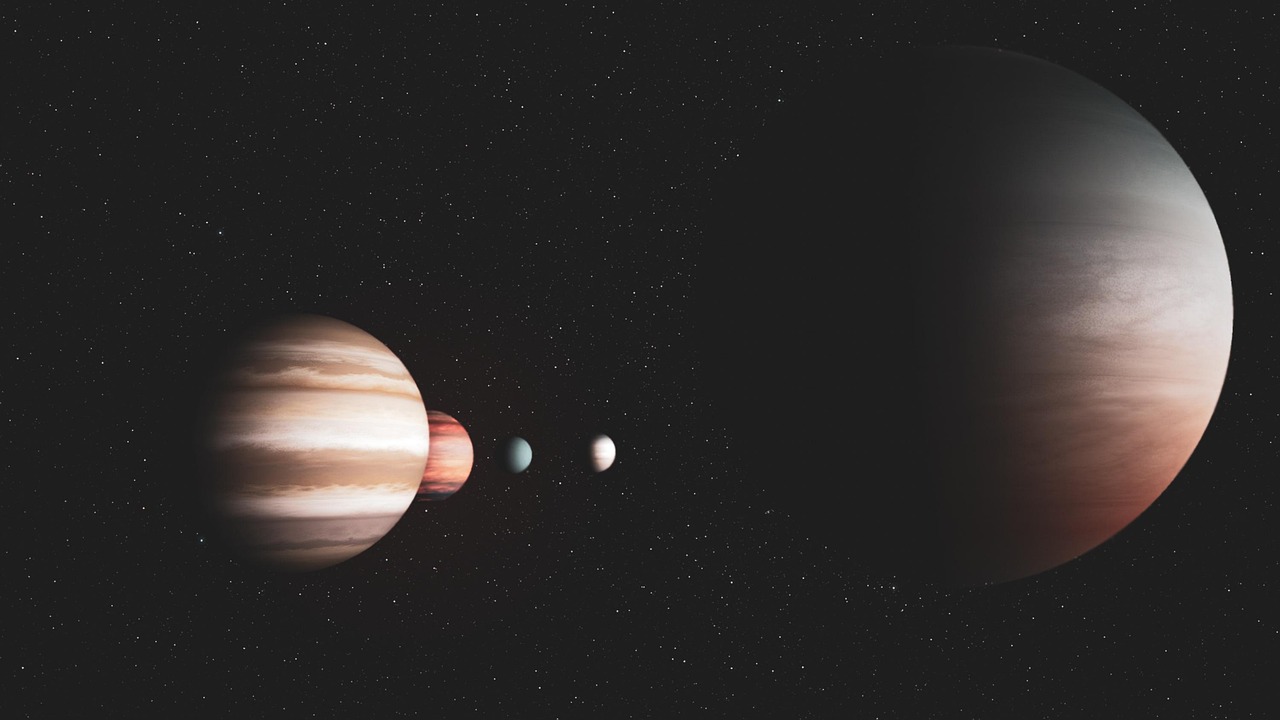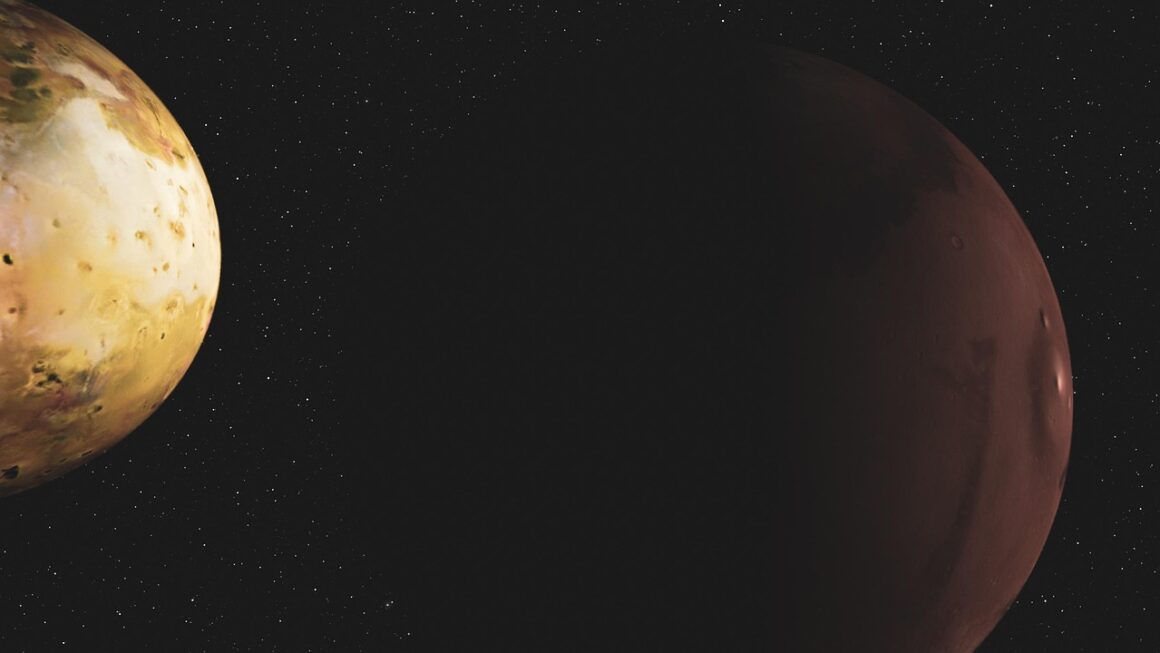NFTs, or Non-Fungible Tokens, have revolutionized digital ownership, transforming everything from art and music to virtual real estate and collectibles. But where do you actually buy, sell, and discover these unique digital assets? The answer lies in NFT marketplaces – the bustling hubs of the NFT ecosystem. Understanding these marketplaces is crucial for anyone looking to participate in the exciting world of NFTs. This guide will delve into the world of NFT marketplaces, exploring their functionality, key players, and how to navigate them effectively.
What is an NFT Marketplace?
An NFT marketplace is a dedicated online platform where users can buy, sell, and trade Non-Fungible Tokens (NFTs). Think of it as an eBay or Amazon specifically for unique digital assets. These platforms provide the infrastructure for creators to list their NFTs, collectors to browse and purchase them, and for transactions to be securely executed on the blockchain.
Key Features of NFT Marketplaces
- Listing NFTs: Creators can upload their digital assets, add descriptions, set prices (often in cryptocurrency), and define royalty structures for future sales.
- Browsing and Discovery: Marketplaces offer search and filtering tools to help users find specific NFTs or browse collections based on category, price, popularity, and other criteria.
- Bidding and Buying: Users can typically purchase NFTs at a fixed price or participate in auctions, placing bids on desired items.
- Secure Transactions: Transactions are processed using smart contracts on the blockchain, ensuring secure and transparent transfer of ownership.
- Wallets and Payments: Marketplaces integrate with cryptocurrency wallets, enabling users to store and manage their digital assets and make payments using cryptocurrencies like Ethereum (ETH), Solana (SOL), or others.
- Community Features: Many marketplaces foster a sense of community through forums, social feeds, and direct messaging, allowing buyers and sellers to connect and interact.
Types of NFT Marketplaces
NFT marketplaces can be broadly categorized based on their focus:
- General Marketplaces: These platforms offer a wide variety of NFTs across different categories, including art, music, collectibles, gaming assets, and virtual real estate. Examples include OpenSea, Rarible, and Magic Eden.
- Specialized Marketplaces: These platforms cater to specific niches, such as art-focused marketplaces like SuperRare and Nifty Gateway, or gaming-focused marketplaces like Axie Marketplace.
- Brand-Specific Marketplaces: Some brands and creators launch their own marketplaces to sell their NFTs directly to their fans and customers. Examples include NBA Top Shot and CryptoPunks marketplace.
Popular NFT Marketplaces and Their Strengths
The NFT marketplace landscape is constantly evolving, with new platforms emerging and existing ones adding features and expanding their offerings. Here’s a look at some of the most popular marketplaces and their key strengths:
OpenSea: The Dominant Player
- Strengths: OpenSea is the largest and most well-known NFT marketplace, offering a vast selection of NFTs across various categories and blockchains. It supports Ethereum, Solana, Polygon, and Klaytn, making it a versatile choice for both buyers and sellers. Its ease of use and wide adoption make it a popular starting point for newcomers. OpenSea also offers a feature for lazy minting, which defers the cost of minting to the buyer, making it easier for creators to list their NFTs.
- Example: Buying a Bored Ape Yacht Club NFT on OpenSea.
Rarible: Community-Focused and Creator-Centric
- Strengths: Rarible focuses on empowering creators by providing tools for minting and selling NFTs, as well as fostering a strong community. It’s known for its focus on governance and decentralization, allowing users to participate in the platform’s decision-making process. Rarible supports multiple blockchains, including Ethereum, Flow, and Tezos.
- Example: Creating and selling your digital art collection on Rarible and setting custom royalty percentages.
Magic Eden: Solana’s Leading Marketplace
- Strengths: Magic Eden is the leading NFT marketplace on the Solana blockchain, known for its fast transaction speeds and low fees. It features a curated selection of Solana-based NFTs, including art, collectibles, and gaming assets. Magic Eden is popular among Solana enthusiasts and offers features like launchpads for new NFT projects.
- Example: Participating in a new NFT project launch on Magic Eden’s launchpad.
Nifty Gateway: High-End Digital Art
- Strengths: Nifty Gateway focuses on high-end digital art, partnering with renowned artists and creators to release exclusive NFT drops. It’s known for its curated selection and premium user experience, attracting serious collectors and investors. Nifty Gateway offers secure custody solutions and accepts credit card payments, making it more accessible to mainstream users.
- Example: Collecting exclusive digital art drops from famous artists on Nifty Gateway.
SuperRare: Curated Art and Authenticity
- Strengths: SuperRare distinguishes itself by focusing on single-edition, authenticated digital art. It features a highly curated selection of NFTs, ensuring quality and rarity. SuperRare attracts collectors who value authenticity and artistic merit, and its commission structure supports artists directly.
- Example: Investing in a unique digital artwork vetted by SuperRare’s curation team.
Key Considerations When Choosing an NFT Marketplace
Selecting the right NFT marketplace is crucial for a successful buying or selling experience. Here are some key factors to consider:
Fees and Transaction Costs
- Gas Fees: Ethereum-based marketplaces often incur significant “gas fees” for transactions, which can fluctuate based on network congestion. Solana-based marketplaces typically have much lower fees.
- Platform Fees: Marketplaces charge a percentage of each sale as a platform fee, which can vary from 1% to 5% or more.
- Listing Fees: Some marketplaces charge a fee to list NFTs, while others offer free listing.
- Actionable Tip: Compare fees across different marketplaces before listing or buying NFTs. Consider using marketplaces on blockchains with lower gas fees, especially for smaller transactions.
Supported Blockchains and Cryptocurrencies
- Blockchain Compatibility: Ensure that the marketplace supports the blockchain your NFT is based on (e.g., Ethereum, Solana, Polygon).
- Cryptocurrency Support: Verify that the marketplace accepts the cryptocurrencies you intend to use for buying or selling NFTs.
- Actionable Tip: If you primarily use a specific cryptocurrency, choose a marketplace that supports it natively.
Security and Trust
- Reputation: Research the marketplace’s reputation and security track record. Look for user reviews and ratings to assess its reliability.
- Security Measures: Check if the marketplace employs robust security measures, such as two-factor authentication (2FA) and secure storage of digital assets.
- Actionable Tip: Prioritize marketplaces with strong security measures and a positive reputation within the NFT community.
User Interface and Experience
- Ease of Use: Choose a marketplace with a user-friendly interface that is easy to navigate and understand, especially if you are new to NFTs.
- Search and Filtering: Look for robust search and filtering tools to help you find specific NFTs or browse collections based on your criteria.
- Actionable Tip: Explore different marketplaces and try out their user interfaces before making a decision.
Community and Support
- Active Community: A strong community can provide valuable insights, support, and networking opportunities.
- Customer Support: Check if the marketplace offers responsive customer support to address any issues or questions you may have.
- Actionable Tip: Participate in the marketplace’s community forums or social media channels to connect with other users and learn from their experiences.
Tips for Buying and Selling NFTs on Marketplaces
Navigating NFT marketplaces can be complex, so here are some tips to help you buy and sell NFTs effectively:
For Buyers
- Do Your Research: Before buying an NFT, research the artist, project, and collection. Understand the rarity, utility, and potential value of the NFT.
- Set a Budget: Determine how much you are willing to spend on NFTs and stick to your budget.
- Use Secure Wallets: Store your NFTs in a secure cryptocurrency wallet that you control.
- Beware of Scams: Be cautious of fake listings, phishing scams, and other fraudulent activities. Verify the authenticity of NFTs and sellers before making a purchase.
For Sellers
- Choose the Right Marketplace: Select a marketplace that aligns with your target audience and the type of NFTs you are selling.
- Create High-Quality Listings: Write compelling descriptions and upload high-resolution images or videos of your NFTs.
- Set Competitive Prices: Research the market and price your NFTs competitively.
- Promote Your NFTs: Promote your NFTs on social media and other channels to attract potential buyers.
- Engage with the Community:* Interact with potential buyers and build relationships with other creators in the NFT space.
Conclusion
NFT marketplaces are the gateway to the exciting and rapidly evolving world of Non-Fungible Tokens. By understanding the different types of marketplaces, considering key factors like fees and security, and following best practices for buying and selling, you can navigate the NFT landscape with confidence. Whether you’re a creator looking to monetize your digital art or a collector seeking unique digital assets, choosing the right NFT marketplace is essential for a successful and rewarding experience. Remember to stay informed, do your research, and engage with the community to make the most of the opportunities that NFT marketplaces offer.




